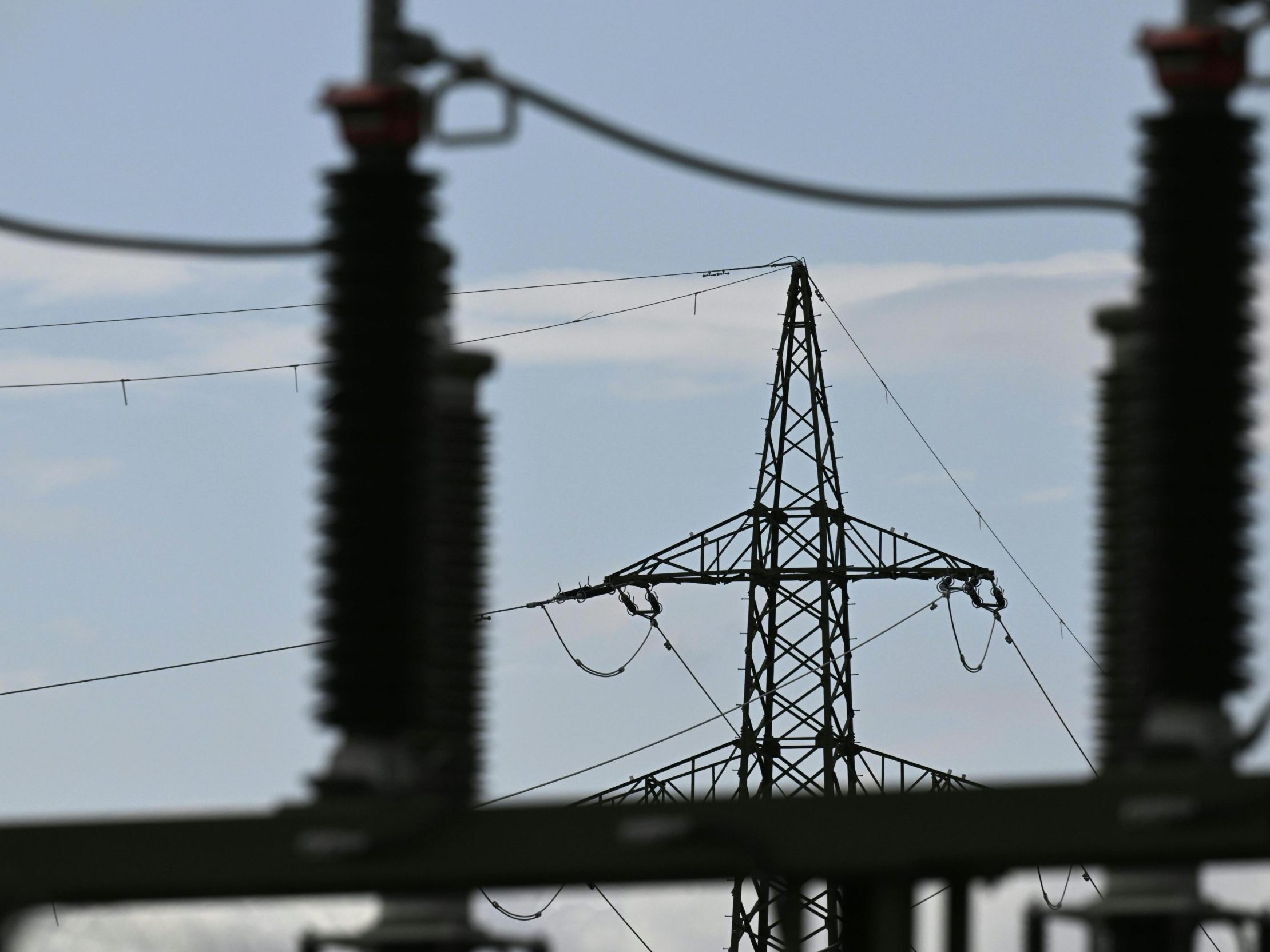Power Industry Criticizes Planned E-Law: Warning of "System Break"

In particular, the proposed additional cost burden for feed-in would have adverse effects on domestic producers, says Barbara Schmidt, the Secretary General of the Austrian Energy Association. "That would be a complete system break," Schmidt stated on Friday.
The total costs for feeding electricity into the grid could thus increase to seven times the current costs - from 4.0 euros per megawatt hour (MWh) to 27.9 euros. This is according to a recent study by the consulting firm Aurora Energy Research commissioned by Austria's Energy, which was presented on Friday. The additional costs for feed-in could also be significantly lower.
How significant the new cost burden for feed-in really is depends on how much consumers are to be relieved. With a relief of 5 percent, the costs for feed-in would rise from the current 4.0 to 6.2 euros per MWh. With a relief of 25 percent, the value would be 14.6 euros, and with an equal distribution between consumption and production, it would be 27.9 euros, the study shows. The current draft of the ElWG amendment does not provide details on the design. "This uncertainty is already causing unrest in the market," says Schmidt.
Until now, only consumers had to bear grid usage costs
Even now, costs are incurred not only by electricity consumers but also by users. However, to a comparatively small extent. The current costs of around 4 euros per MWh consist of 3.04 euros per MWh for the so-called grid loss fee and a system performance fee of currently 0.88 euros per MWh. The present amendment to the ElWG provides that feed-in operators should now also be involved in the grid usage fees for the first time. Until now, this burden was borne solely by consumers.
Already today, feed-in operators in Austria are significantly more burdened than in neighboring countries, says Aurora study author Thaddäus Kreisig. Austria is at the forefront of feed-in costs across Europe. Both in terms of absolute feed-in fees and the cost share of feed-in operators in total transmission grid fees, Austria ranks 2nd. In most other EU countries, feed-in operators are either not charged at all or to a lesser extent for grid costs, according to the expert analysis by Aurora.
Electricity suppliers warn of a "further competitive disadvantage"
Due to its central location, Austria is also very closely connected to neighboring countries in terms of electricity. This means that domestic feed-in operators are exposed to particularly strong competition. Austria is already disadvantaged, says Karl Heinz Gruber, the spokesperson for the generation sector of Austria's Energy. "Now we are defending ourselves against another competitive disadvantage." Due to the grid fees, a power plant in Austria has effectively 5 percent higher production costs than a comparable power plant in Germany. The burden corresponds to an efficiency loss of around 3 percentage points. The storage requirement would also increase, while the willingness to invest would decrease.
Austria's Energy has already submitted its points of criticism in a statement from August. In total, around 500 statements are said to have been received. Intense discussions are now expected, says Schmidt. On energy issues, a two-thirds majority is required in parliament. This means that the votes of the governing coalition are not enough; the approval of parts of the opposition is also required. The reform of the ElWG is to be initiated by the end of the year.
(APA/Red)
This article has been automatically translated, read the original article here.





